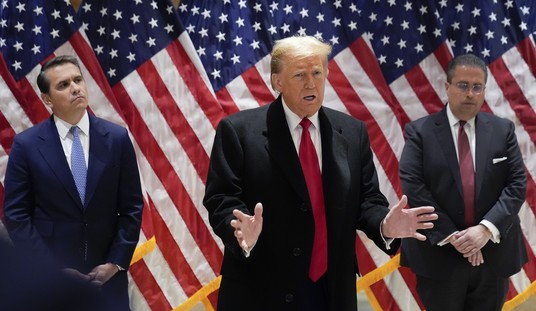Advertisement
Nationally, just 24 percent of American adults think the ban is a good idea, while 65 percent oppose it. This response is similar to the high level of opposition found for efforts to impose so-called "sin taxes" on soda and junk food. People never like it when the government picks winners and losers, and they are especially resistant to having the government determine what foods we should eat.
Those who advocate sin taxes or plans like Bloomberg's often express frustration that voters don't seem to realize the seriousness of the nation's obesity problem. However, the facts suggest that the American people are well aware of reality. Sixty-two percent recognize that exercise, diet and lifestyle choices have a bigger impact on someone's health than health insurance and medical care. Nearly half consider themselves overweight. Eighty percent see childhood obesity as a serious problem.
To some, numbers like that should naturally translate to support for government regulation to fix the problem. They simply can't see other possible solutions.
Harvard professor Daniel E. Lieberman writes in The New York Times that there are only three options in the obesity debate. The first is to do nothing. The second is better nutritional education. "The final option," he says, "is to collectively restore our diets to a more natural state through regulations." This approach is consistent with the way America's political class likes to frame every debate as a choice between doing nothing and letting the government do it.
Recommended
Advertisement
In the case of nutritional issues, most Americans see a fourth option, one that is consistent with traditional American values: Let individuals make their own choices, and then let them bear the burden or reap the reward of those choices. That's the reason Americans overwhelmingly support the notion that health insurance companies should be allowed to offer discounts to non-smokers.
The same logic applies to other lifestyle choices. Sixty-three percent think insurance companies should offer discounts to individuals who exercise regularly. By a 54 percent to 34 percent margin, Americans think those who eat healthier also should be eligible for insurance discounts.
With such an approach, people who exercise and eat better would not only end up feeling better, they'd save money along the way. Those who don't take care of themselves would pay extra for the right to do so. People would quickly see which behaviors help them save money and how much other behaviors really cost. It would lead to a much healthier nation and a much healthier relationship between individuals and the government.
Ultimately, Bloomberg's ban on large sugary drinks highlights the gap between the American people and their political leaders. Most Americans are looking for ways to change the system so that they can make their own health care choices rather than have decisions imposed on them. The political class wants to make those choices for us. That's the key question in the health care debate. Who do you trust more with important decisions: the government or the people?
Advertisement

























Join the conversation as a VIP Member